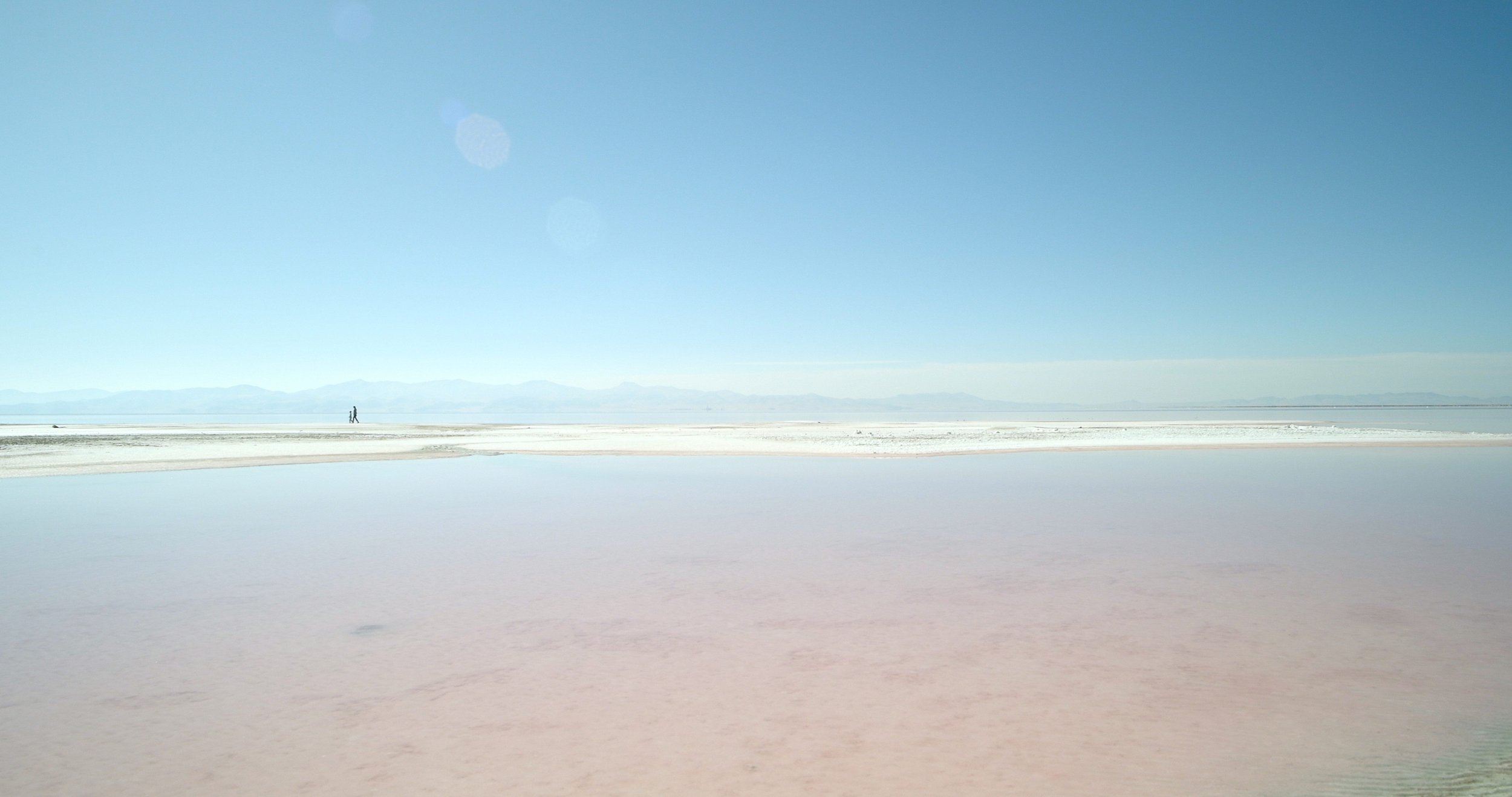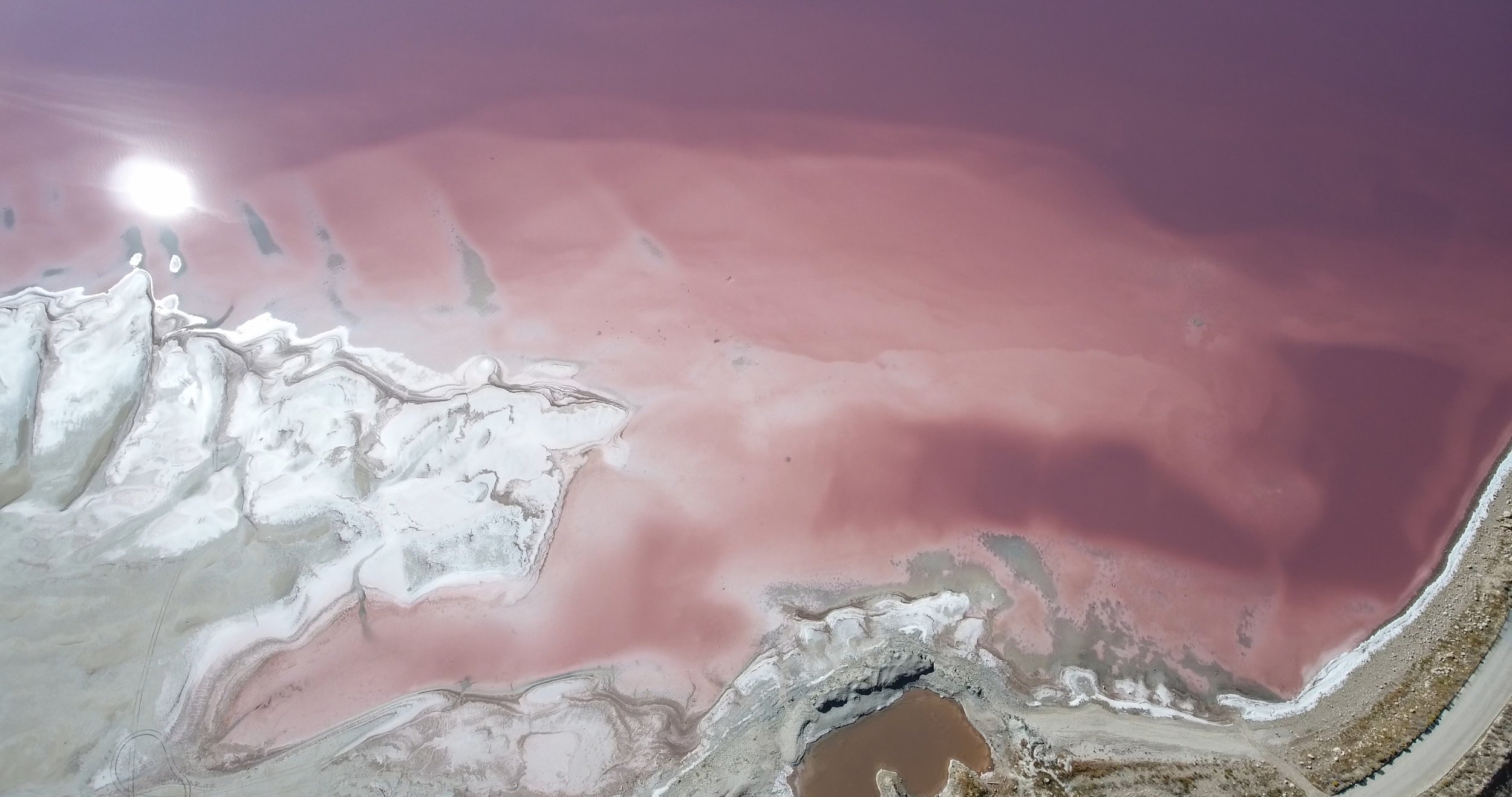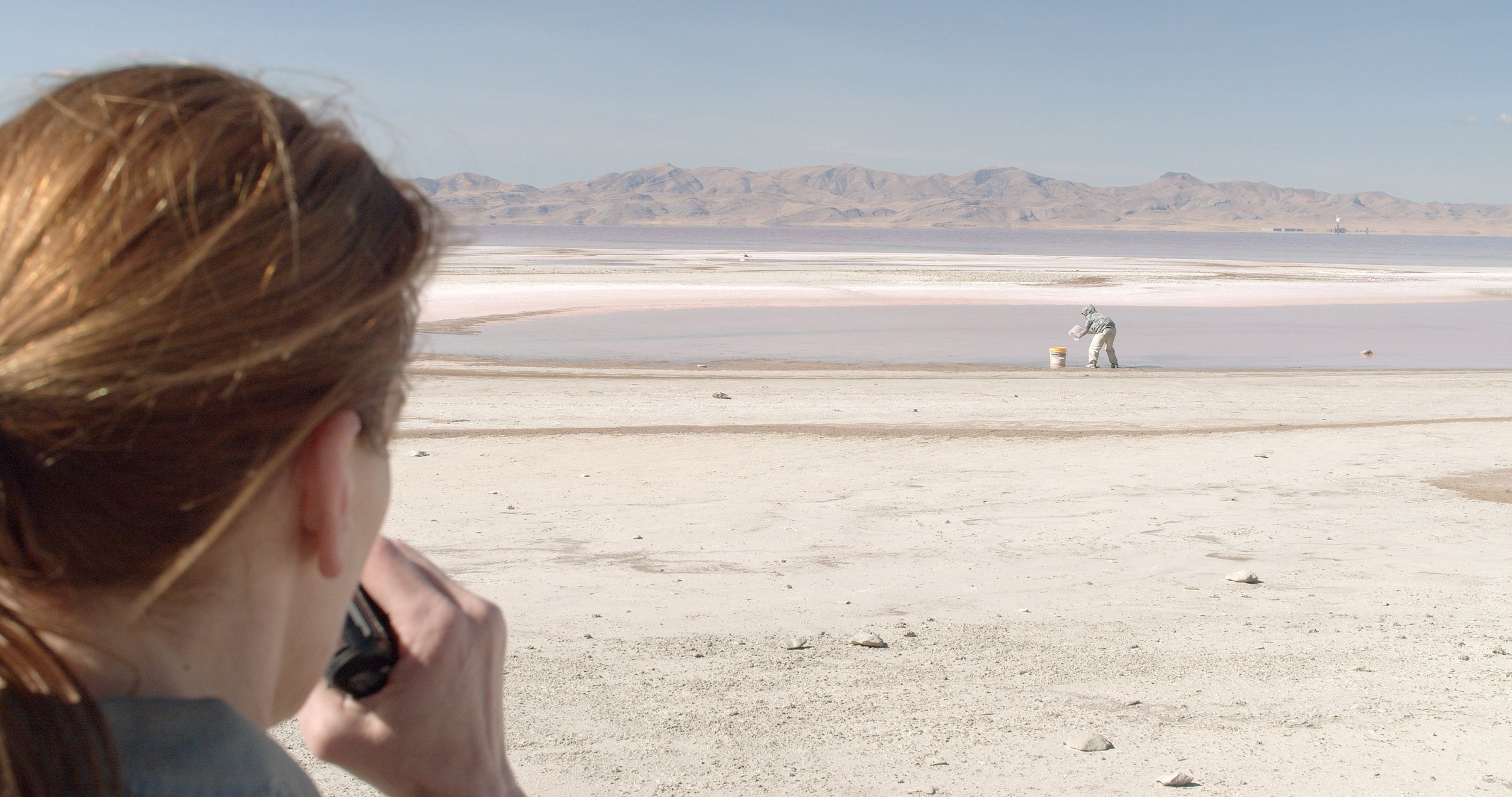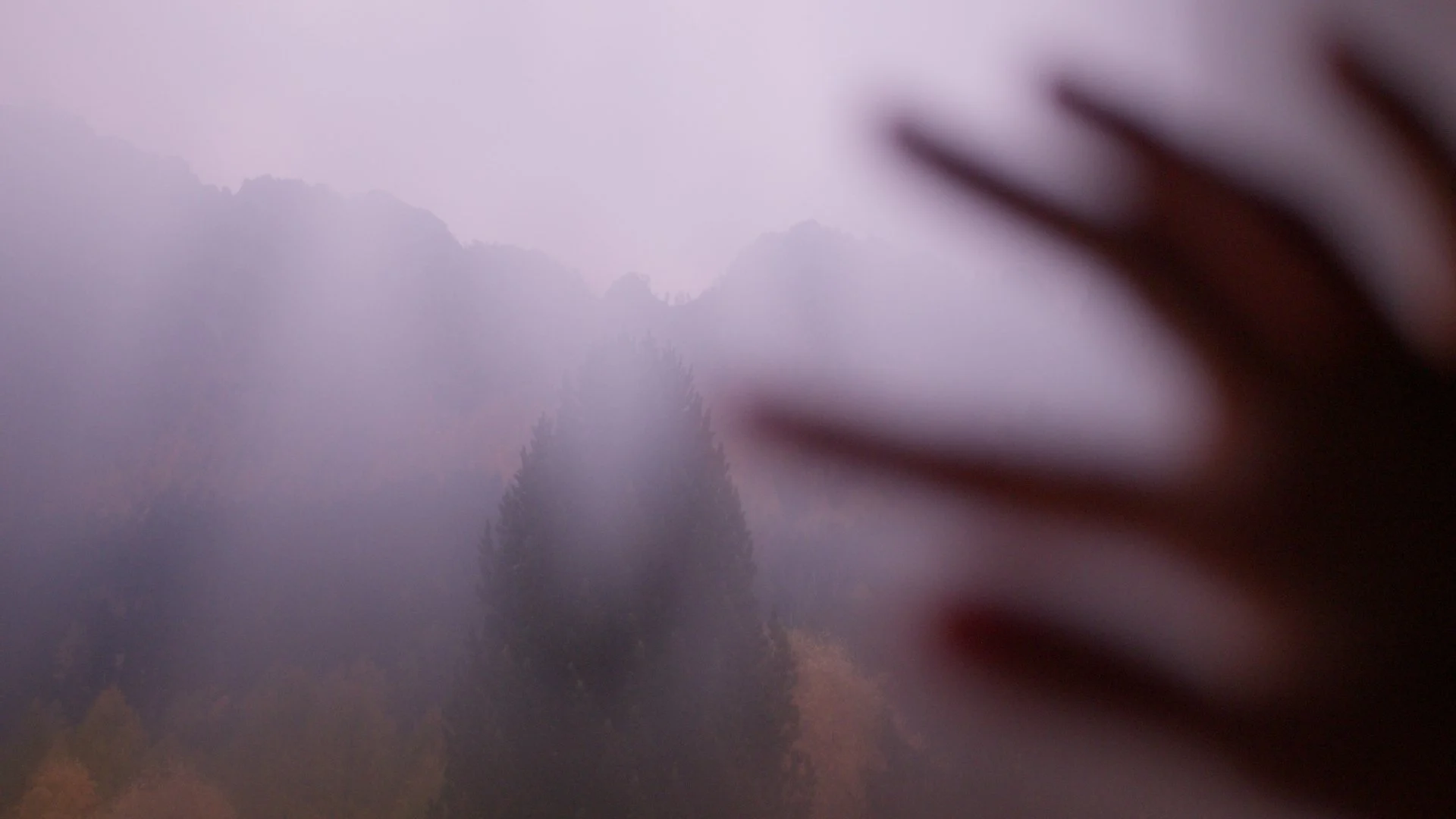Points of Return: Opening May 2023

One year ago, we launched the online environmental art exhibition Points of Return, after an Open Call hosted on this website. We’re thrilled to announce that this spring – thanks to The Umbrella Arts Center in Concord, MA – we’ll present a physical manifestation of the show.
We’re mapping out an immersive journey, plotted to allow visitors fresh and engaging insights into wide-ranging aspects of the climate crisis, its end destination that of resolute optimism. For, while it may seem that we are racing toward a closing act, as our planet’s average temperature rises year-on-year, solutions remain within sight. We have not yet reached that dreaded “point of no return” and artists are in the unique position of being able to offer scientific data in new ways. Through dynamic display and crossing several artistic disciplines, this 27-artist show provides commentary, reflection, and creative restorative strategies.
By showcasing diverse perspectives, providing accessible data, and encouraging critical thinking, we hope to inspire a sense of possibility and a renewed commitment to shaping a better future. The image above, by Swedish artist Ulrika Sparre, reminds us that ‘The Entire Universe is Created by Me.’
“Points of Return contemplates the climate crisis and environmental issues, along with ideas for the possibility of change via the lens of art...”
“The exhibiting artists, capturing both the human spirit and representation of the deeper world around us, offer an insight into the regaining of lost connections and the building of a new understanding of time.”
In the 19th century the naturalist movement—which would evolve into the contemporary environmental movement in America—was born in Concord, MA, thanks to writers and philosophers such as Ralph Waldo Emerson and Henry David Thoreau. We are now at a time in history where the environment is, and must be, at the centre of the issues that humanity must address, and it makes sense to continue the conversation with this exhibition in a place, where over two-hundred years ago, great creative minds started discussing the importance of the natural world—for our souls, and for our very survival.
This immersive exhibition will include works that illustrate some of the key scenes we face as we approach what many describe as a “point of no return.” From projects responding to the increasing wildfires in California, to the rapid decrease of kelp forests in that same region. From the important role played by marshlands in protecting the East Midlands of England to the deforestation of the Congo Basin rainforest. From disappearing ice at our poles, to the rapid spread of plastics into landscapes and waterways around the world.
In just one century, we have fast-forwarded through warming which should have taken thousands of years. We have nearly doubled the volume of carbon in our atmosphere, increased methane levels two and a half times over, pushed up average sea-levels by 20 to 23 centimetres, and killed off over half our coral reefs. And yet, while it might seem that we are racing through a closing act, solutions remain within sight. The artists in this exhibition offer commentary, reflection, and creative restorative strategies.
The exhibition will aim to bring to the surface the problematic relationship the human species has toward planet Earth and highlights how human activity, particularly since the beginning of the Industrial Revolution, has induced climate breakdown. Yet, we firmly believe there are reasons for optimism. These art projects show that there are multiple paths and approaches that can be taken, in order to restore the environmental balance that we have destabilised. A La Luz (a platform and curatorial project founded by artists Gonzaga Gómez-Cortázar and David Cass) believes that creative practitioners play a pivotal role. Through their work, they bring to light overlooked realities and nuances of the climate crisis, reminding us that, as Greta Thunberg puts it, ‘our house is on fire’ and urgent action must be taken.
These artists have immersed themselves in jungles, marshlands, deserts, oceans, and forests. They have researched and captured how even the most remote and inaccessible environments have the fingerprints of human activity. Through their immersion, they’ve become vessels for telling; for raising awareness and understanding. These thorough processes, explorations and reflections take on various formats—including video art, installation, sculpture, and photography. Ulrika Sparre asks us to place our Ear to the Ground. Quite simply, to listen to our Earth’s non-human actors. Tanja Geis and Fiona Carruthers urge us to pay attention to our natural resources. Erin Woodbrey and Bethany Johnson promote the importance of sustainability through use of recycled, reclaimed, repurposed materials. Miguel Jeronimo’s stunningly effective project carries what could be considered the strongest strategy at our disposal in tackling the climate emergency—a shift in perspective.
Artists are in a unique position, able to creatively present scientific findings in an accessible manner—raising awareness, inspiring collaboration and communal action. After all, if we are to solve the climate conundrum, we must all contribute. Collaboration is key.
Text above © A La Luz | Cover image: 'The Entire Universe is Created by Me', Ulrika Sparre, Engraved Stone (image by Fredrik Sweger) | Produced by A La Luz, 2023 | Please do not re-publish any of the above without prior written consent



















